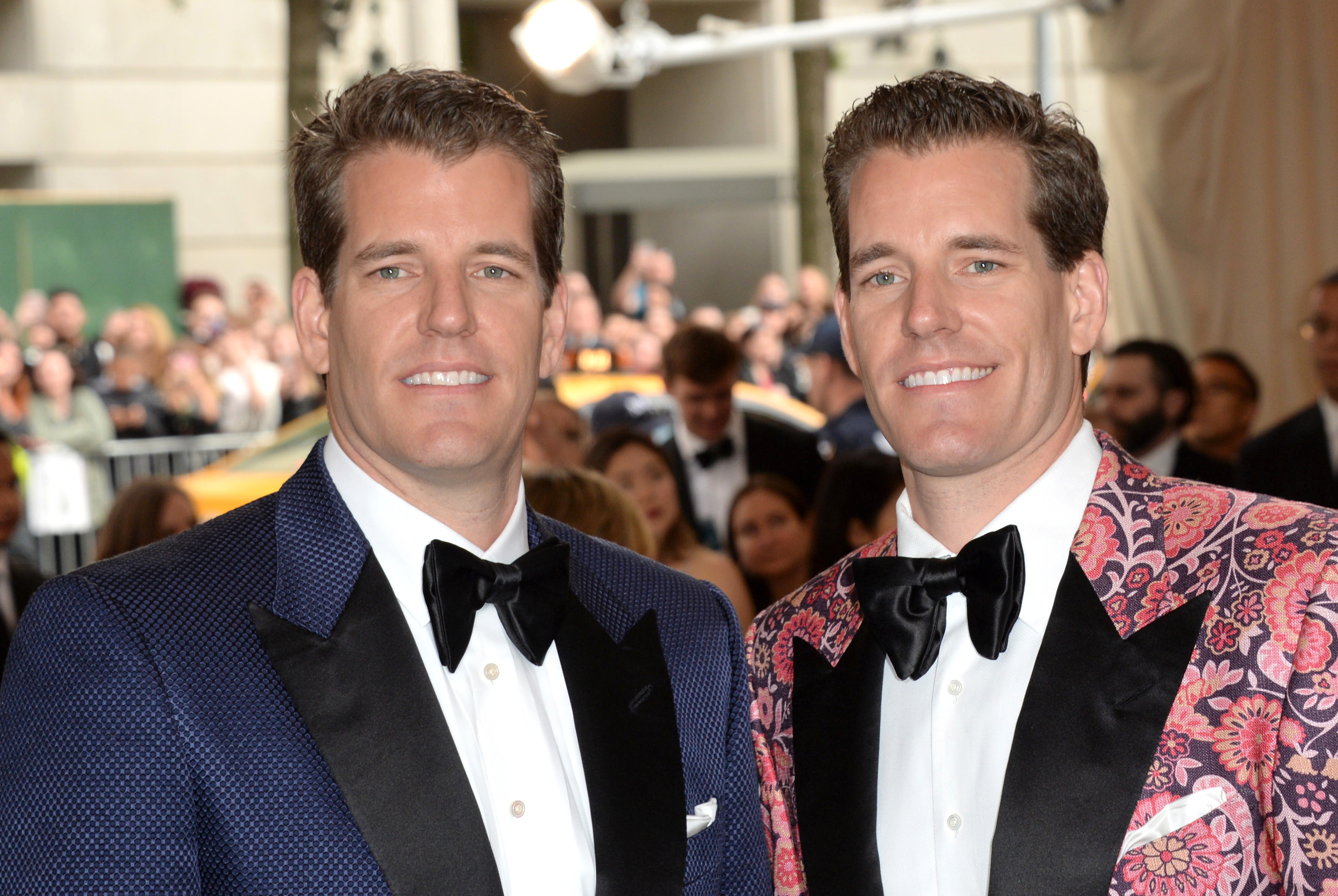In 2025, Cameron and Tyler Winklevoss, popularly known as the Winklevoss Twins, have a combined net worth of $6 billion. At 43 years old, the duo continues to make headlines as some of the most influential names in the cryptocurrency world. But before Bitcoin skyrocketed their wealth, their journey started in the Ivy League halls of Harvard, a courtroom battle with Mark Zuckerberg, and a risk that would redefine their legacy.
Who Are the Winklevoss Twins and How Did They Start?
Born on August 21, 1981, in Southampton, New York, Cameron and Tyler Winklevoss were raised in Greenwich, Connecticut, in an upper-class household. Their father, Howard Winklevoss, is a respected actuary and academic, worth over $200 million himself. From a young age, the twins shared a strong bond—right-handed Tyler and left-handed Cameron always complemented each other, whether building Lego sets, playing piano duets, or rowing in sync.
Both attended Harvard University, graduating in 2004 with degrees in economics. They were standout rowers and members of Harvard’s elite clubs. Their passion for rowing later led them to represent the U.S. in the 2008 Beijing Olympics. After Harvard, the twins pursued MBAs at Oxford’s Saïd Business School, continuing their rowing journey there as well.
What Was Their Role in Creating Facebook?
During their time at Harvard, the twins teamed up with Divya Narendra to build a social network called HarvardConnect, later renamed ConnectU. To bring their idea to life, they enlisted the help of a student programmer named Mark Zuckerberg. According to the Winklevosses, Zuckerberg agreed to work on the project but instead delayed progress while secretly building TheFacebook.com, which launched in 2004.
The Winklevosses sued Zuckerberg, claiming he stole their idea. The case settled in 2008 for $65 million—$20 million in cash and $45 million in Facebook stock. Though Facebook’s eventual success dwarfed their payout, that settlement became the seed money for their next move.
How Did the Winklevoss Twins Become Billionaires?
In 2013, the twins made what many now consider a genius financial move: they invested $11 million into Bitcoin, purchasing around 110,000 Bitcoins when the price per coin was just $100. Despite extreme market fluctuations, they held onto their entire stash—never selling a single coin.
By 2017, Bitcoin had surged past $11,000, and their investment ballooned to over $1.2 billion. Though the market dipped in subsequent years, they weathered the storm. By 2021, with Bitcoin crossing $60,000, both brothers had become independent billionaires, and their combined net worth topped $6 billion.
They also invested heavily in Ethereum and other digital assets, positioning themselves as pioneers in the blockchain industry.
What Is Gemini and Why Is It Important?
In 2014, the Winklevoss brothers launched Gemini, a cryptocurrency exchange platform. Known for its strict compliance with regulatory standards, Gemini became one of the most trusted names in digital trading.
Under their parent company Gemini Space Station, the brothers also acquired and developed Nifty Gateway, a platform focused on NFTs (non-fungible tokens). In March 2021, artist Beeple sold an NFT on Nifty Gateway for a staggering $69 million, marking a milestone moment for the platform.
Gemini, along with Nifty Gateway, helped solidify the twins’ image—not just as early adopters of Bitcoin but as infrastructure builders in the crypto space.
Did the Twins Invest in Other Startups?
Yes, they’ve been busy on the venture capital side too. In 2012, they founded Winklevoss Capital Management, an investment firm focused on early-stage startups in fintech, e-commerce, and digital media. Their approach centers around long-term support and innovation-focused growth, reflecting their own startup experiences.
Where Do the Winklevoss Twins Live?
Back in 2012, the brothers bought a lavish $18 million mansion in Los Angeles. The 8,000-square-foot home boasts five bedrooms, limestone flooring, a media room, and glass walls offering sweeping city views. Though they listed it for lease at a jaw-dropping $150,000 per month, it’s unclear if they still reside there or have upgraded to an even flashier pad.
Are They Still Involved in Rowing?
Despite their tech success, the Winklevosses haven’t left their athletic roots behind. Their competitive spirit from rowing still fuels their business pursuits, and they often draw parallels between team synchronization in sports and synergy in entrepreneurship.








